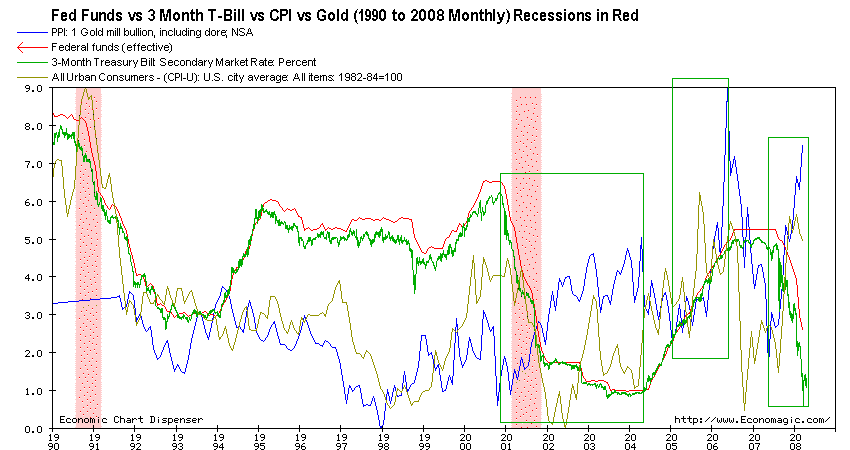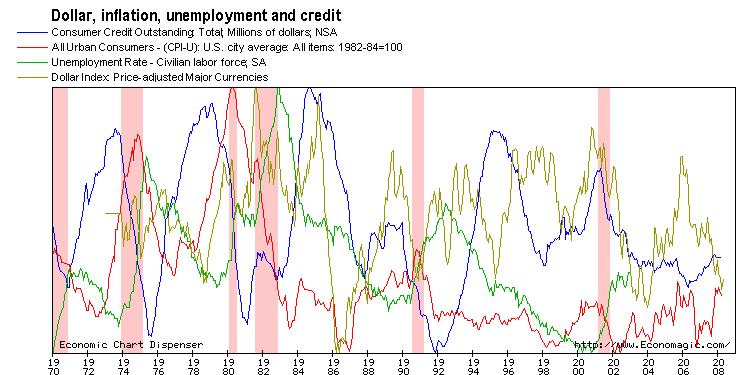For a concise, readable summary of iTulip concepts developed over the past 16 years and a vision of a challenging next decade and how to navigate it, read Eric Janszen's book "Post Catastrophe Economy".
Join the discussion of today's events with a wide range of professionals with an interest in economics and finance.
Register to join our 50,000 plus member registered community from 78 countries today.
Subscribe to iTulip Select for access to the longest running, deep, accurate, and unvarnished macro economic trends analysis and forecasting available, since 1998.
If this is your first visit, be sure to
check out the FAQ by clicking the
link above. You may have to register
before you can post: click the register link above to proceed. To start viewing messages,
select the forum that you want to visit from the selection below.
Working...
|  Far as Friedman goes, I definitely agree with his "... always and everywhere a monetary phenomenon" statement. The central point as far as commodity prices go is that a price - any price - is simply the ratio of the market value of the commodity whose price you are quoting to that of another commodity, the monetary unit in which you are quoting it.
Far as Friedman goes, I definitely agree with his "... always and everywhere a monetary phenomenon" statement. The central point as far as commodity prices go is that a price - any price - is simply the ratio of the market value of the commodity whose price you are quoting to that of another commodity, the monetary unit in which you are quoting it. ) that I've broadened my views considerably reading your posts. I also generally see eye to eye with your world view around here. Consider me one of your more 'pain in the ass' students perhaps, but one who regards you with considerable loyalty.
) that I've broadened my views considerably reading your posts. I also generally see eye to eye with your world view around here. Consider me one of your more 'pain in the ass' students perhaps, but one who regards you with considerable loyalty.

Comment